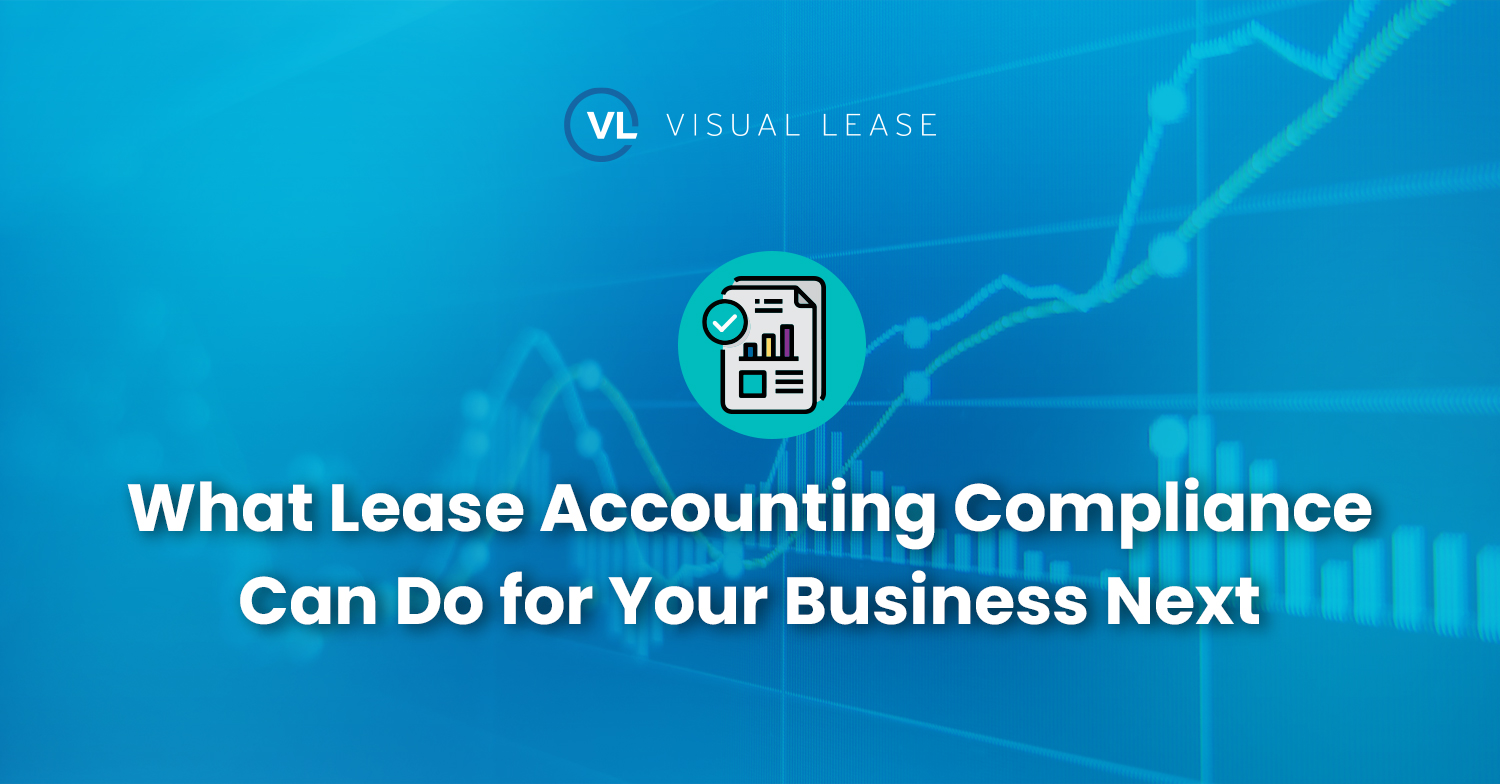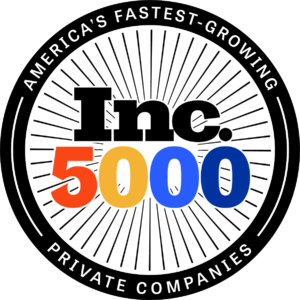
In response to lease accounting standards, your business may have already set in place certain lease accounting systems and technology to achieve compliance. But did you know these solutions can do more than help your company stay audit-ready?
With today’s shortage of finance workers, higher workloads and increasing compliance regulations, companies need to find more efficient ways to manage their lease portfolios. By implementing the right technology, people and systems, your business can leverage its expensive lease portfolio as a more strategic asset. Here’s a closer look at how lease accounting compliance can help your business improve the financial, legal and operational performance of its leases.
1. Identify cost-saving opportunities
Financial leaders can use their technology to implement controls that help identify areas where they can reduce costs. This can be done through visibility into options and exercise windows, using insights into actual costs to guard against inflation and securing earned incentives by tracking requirements and timing.
2. Reduce legal risk
Lease mismanagement exposes businesses to serious risks, including legal action and, as a result, damaged credibility. However, business leaders can reduce these risks by firmly establishing control of lease terms. As a result, they can rest easier knowing that:
- They now have visibility into rights and obligations.
- They’ve limited their exposure to indemnification and other serious obligations.
- The business is less likely to default by failing to comply with lease terms.
- They’ve eliminated confusion and wasted time over repair and maintenance responsibility.
3. Save employee time
In the current economic conditions, it’s pertinent that businesses save time wherever they can. A Visual Lease report showed that private companies were able to save an average of 600 hours with lease accounting software.
With the right technology solution, your business can easily integrate, manage and automate lease data between systems to generate detailed disclosure reports, compliance checks, automatic remeasurements and customized data options.
This means your employees can focus on tasks that drive your business forward instead of rigorous, time-consuming reporting. Reliable, complete data—along with better cross-departmental collaboration—eliminates time spent on redoing accounting work or lengthy audits, and even increases confidence in year-end reporting.
4. Support agile business decisions
Businesses with the systems and technology in place for lease accounting compliance are also now equipped with greater visibility into their leases, which leads to making more informed business decisions.
This is necessary as many organizations are currently spending less time to make plans for their space needs. According to a , 88% of senior real estate executives say their companies are planning for their physical space needs just one year or less in advance.
Having the right technology and systems already in place also protects your business’ ability to pivot should any unforeseen circumstances arise. And as we learned from the COVID-19 pandemic, these types of predicaments can happen at any time. Yet your organization can quickly react to changing circumstances by reducing footprints, subleasing where needed or opting for shared workspaces.
With the right lease controls and management solutions established, your business can move past lease accounting compliance and look forward as you leverage this technology to create even greater financial, legal and operational outcomes for your business.























